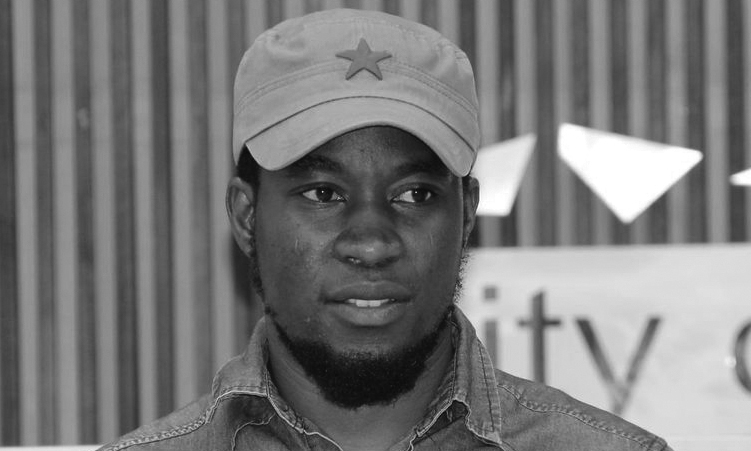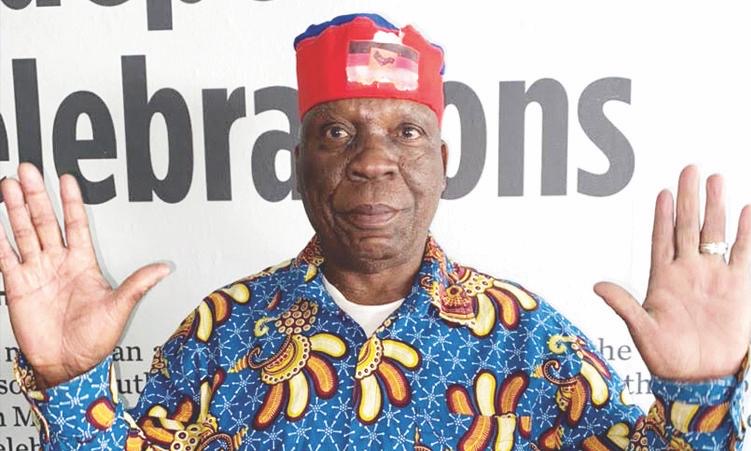Affirmative Repositioning (AR) leader Job Amupanda is fuming over the government’s decision to sign a new partnership agreement between the European Union (EU) and the Organisation of African, Caribbean and Pacific States (OACPS), also known as the Samoa agreement.
This is after the government pronounced itself against this move in November.
The agreement, which Namibia signed on Monday, covers strategic priorities, such as growth and development, peace and security, environmental sustainability and climate change, and human rights, democracy and governance.
Amupanda said yesterday he was not surprised about the last-minute reversal of the national stance on the agreement.
“There is a principle disagreement among those who are running the country, and they are putting all of us at risk. It is very clear that the only option that is left for all of us is to tear up those agreements immediately once we take over . . .” he said.
“We know they are determined to sell the country, at what level and how much is the question we need to determine.
“But I am definitely not surprised at all,” he said.
Amupanda in October shared the previous version of the agreement, known as the Cotonou agreement, on social media, sparking national debate, while labelling it as secretive and unfavourable.
The Cotonou agreement was established in 2000 for a 20-year term and had been undergoing renegotiation since 2019.
Political commentator Henning Melber says the U-turn was a practical international relations management decision.
“The European market . . . cannot be dumped in the absence of any sustainable alternatives. Meaning signing up, if only grudgingly, is the only feasible option in terms of economic interests,” he says.
Melber says the agreement follows the established norms of current geopolitical dynamics, which predominantly take the shape of unequal exchange patterns in the global market.
“The agreement has no worse terms of trade than any other agreement with other partner countries. Neither the Chinese nor the Russian market would offer better prices for commodities exported . . . nor would they offer a discount on imports,” he says.
Namibia’s decision to sign came as a surprise after minister of international relations and cooperation Netumbo Nandi-Ndaitwah announced that Namibia would not join the renewed agreement on 1 November.
“A decision was taken that the government of the Republic of Namibia will not sign the new partnership agreement between the OACPS and the member states of the EU and the EU commission in its current form,” she said.
Nandi-Ndaitwah had cited a number of issues that impose certain actions that are incongruent with the Namibian Constitution, its legal framework, and its international cooperation policy as the reason for repudiation.
“Additional aspects of the new partnership agreement also raised some concerns, in particular Article 97, which states that ‘no treaty, convention, agreement or arrangement of any kind between one or more member states of the EU and one or more OACPS members shall impede the implementation of this agreement’,” Nandi-Ndaitwah told the National Assembly.
Melber said the agreement, although not wholly prioritising Namibia’s benefit, does not violate the country’s constitutional principles.
“Please contact the ministry to get the statement I made in parliament following the Cabinet decision on the matter,” Nandi-Ndaitwah said yesterday.
Calls and messages to international relations ministry’s executive Penda Naanda yesterday went unanswered.
EU ambassador to Namibia Ana Beatriz Martins yesterday said: “We are pleased to see Namibia join the large and diverse group of African, Caribbean and Pacific states in a new partnership with the EU and EU member states.”
“We are looking forward to enhancing our cooperation in areas of common interest, from the global fight against climate change and politics and security, to the promotion of inclusive green growth,” Martins said.
The secretary general of the OACPS, Georges Chikoti, also congratulated the country.
Stay informed with The Namibian – your source for credible journalism. Get in-depth reporting and opinions for
only N$85 a month. Invest in journalism, invest in democracy –
Subscribe Now!







